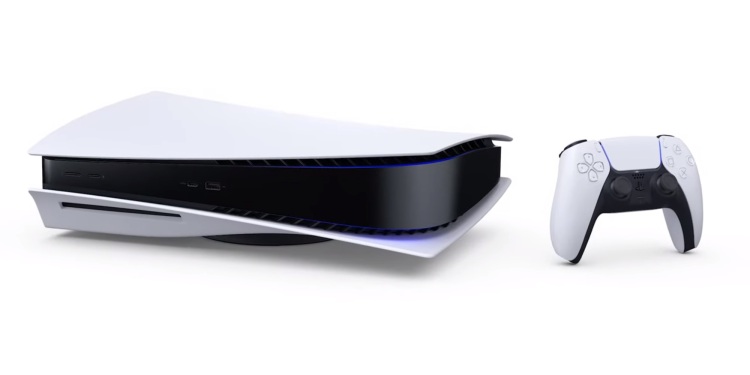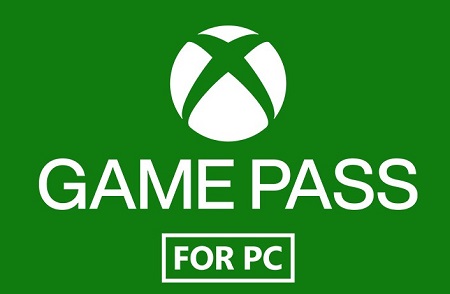A few months ago I briefly touched on the Microsoft buyout of ZeniMax – parent company to Skyrim developer Bethesda. The deal, which was announced back in September last year, has finally gone through after months of behind-the-scenes legal wrangling, meaning that Microsoft now officially owns Bethesda Softworks, its subsidiaries, and all of the games they’ve developed and produced. This is a significant acquisition for Microsoft, and looks sure to shake up the games market – at least the single-player games market! It will also certainly provide a big boost for Xbox Game Pass, which has already been touting the arrival of Bethesda’s back catalogue to the service.
Almost all Bethesda titles for at least a decade have been multiplatform, with releases on Sony’s PlayStation consoles and some select releases on Nintendo hardware too, and those games aren’t going to be taken away. Microsoft has also pledged to honour existing contracts for upcoming titles, meaning that both Deathloop and Ghostwire: Tokyo will still have timed exclusivity on PlayStation 5. After that, however, we can expect to see future titles arrive exclusively on Xbox Series S/X and PC.

Some games industry commentators seem taken aback at this notion, asking with mouths agape if Microsoft will seriously make upcoming Bethesda projects like Starfield and The Elder Scrolls VI Xbox/PC exclusive. To those folks I ask a simple question: really? This seems like a surprise to you?
Microsoft paid $7.5 billion for Bethesda, and for that huge investment they’re going to want a lot more than a few new titles in the Game Pass library. Exclusive games sell systems, and in 2021 exclusive games drive subscriptions too. Microsoft fell way behind in the last generation as the Xbox One was massively outsold by the PlayStation 4, and a lack of decent exclusive games was a huge factor in explaining why that was the case. Microsoft has tried to rectify the situation by acquiring Obsidian Entertainment, Compulsion Games, Playground Games, Ninja Theory, and other studios, and guess what? Those studios now make games for PC and Xbox only. Some of these investments will take time to pay off, but as the new console generation rolls into its second and third years, I think we’ll see a big push from Microsoft with some of these new exclusive games.
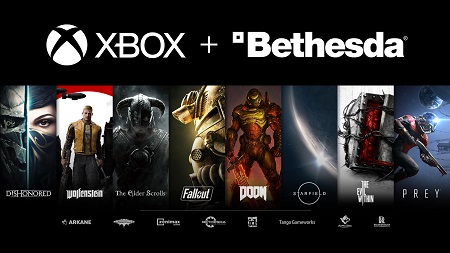
Titles from Microsoft-owned franchises like Halo, Gears of War, State of Decay, and standalone games like Sea of Thieves aren’t going to be released on PlayStation (or Nintendo) so I’m afraid that people are getting their hopes up if they expect to see future Bethesda titles on any other platform. Microsoft wouldn’t have spent such a huge sum of money not to capitalise on their acquisition, and while in the immediate term nothing is going to change, give it a couple of years when Starfield is ready, The Elder Scrolls VI is preparing for launch, and Bethesda are working on new entries in the Fallout or Doom series and you can guarantee they will be Xbox/PC exclusive.
Sometimes I sit down to read through opinion and commentary by other games industry writers – including some pretty big names – and I’m surprised how they can get it so wrong. It seems naïve in the extreme to be banking on any future Bethesda title – including huge ones like The Elder Scrolls VI and a potential future Fallout title – to be anything other than exclusive to Microsoft’s platforms. That’s how these things work, and it’s why Microsoft was willing to get out their wallet in the first place.
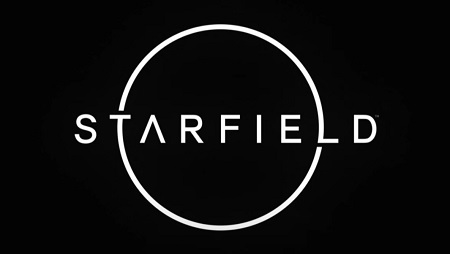
Though it may seem “unfair” to lock games to a single platform (or pair of platforms, in this case) it’s how the industry has operated since day one. Nobody got upset about Marvel’s Spider-Man being a PlayStation 4 exclusive, even though that game wasn’t made by Sony, but rather one of their subsidiaries. It was just expected – Insomniac Games make PlayStation titles, just like 343 Industries make Xbox titles. Bethesda’s acquisition means they join Team Xbox. It may not be great fun for PlayStation gamers who had been looking forward to a future Bethesda title, but that’s the reality of the industry.
Be very careful if you hear an analyst or commentator saying that they believe Bethesda titles will still come to PlayStation. Rather than getting your hopes up or setting up false expectations, it may be better to plan ahead. If Starfield or The Elder Scrolls VI are games you’re dead set on playing, consider investing in Xbox. The Xbox Series S is a relatively affordable machine at £249/$299, and if you only need it for a couple of exclusives that you can’t get elsewhere it could be a solid investment – certainly a lot cheaper than a gaming PC.
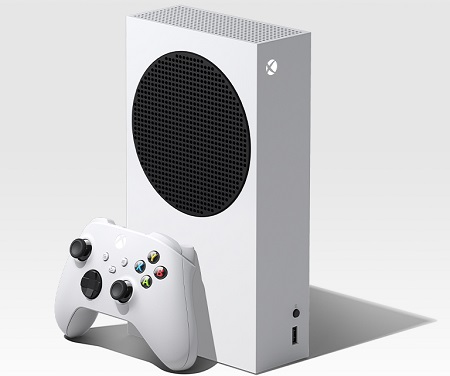
Despite all of this, I still feel Sony has the upper hand in the exclusives department, at least for now. It will be a couple of years or more before Microsoft can fully take advantage of their new acquisition, and other titles from developers like Obsidian – who are working on a game that looks superficially similar to The Elder Scrolls series – are also several years away. Sony, on the other hand, has games out now like Spider-Man: Miles Morales and the Demon’s Souls remake, as well as upcoming titles like God of War: Ragnarok and Returnal to draw players in. Microsoft is still pursuing a frankly bizarre policy of making all Xbox Series S/X games available on Xbox One for the next year or so, so for exclusive next-gen gaming in the short term, Sony is still the way to go.
I remember when Microsoft entered the home console market for the first time in 2001. A lot of commentators at the time were suggesting that Microsoft were buying their way in, that they would throw their wallet around and other companies would find it hard to compete. It never really happened, though, at least not to the extent some folks feared. The acquisition of Bethesda is a big deal, but Bethesda and all its subsidiaries have published only around 20 games in the whole of the last decade, so in terms of the wider gaming market, and considering how many games there will be on PC, Xbox Series S/X, and PlayStation 5 in the next few years, it’s a drop in the ocean.
That doesn’t mean it won’t sting for PlayStation fans who want to play Starfield or The Elder Scrolls VI, though. Better start saving up for an Xbox!
All titles listed above are the copyright of their respective studio, developer, and/or publisher. This article contains the thoughts and opinions of one person only and is not intended to cause any offence.




